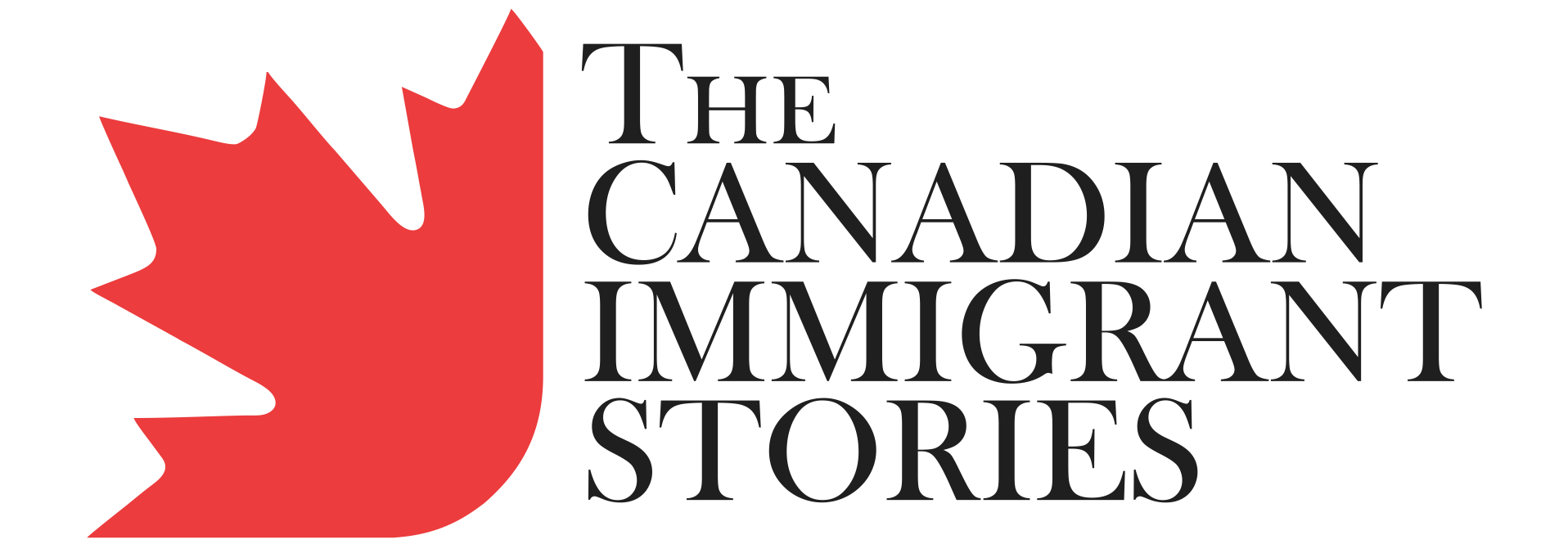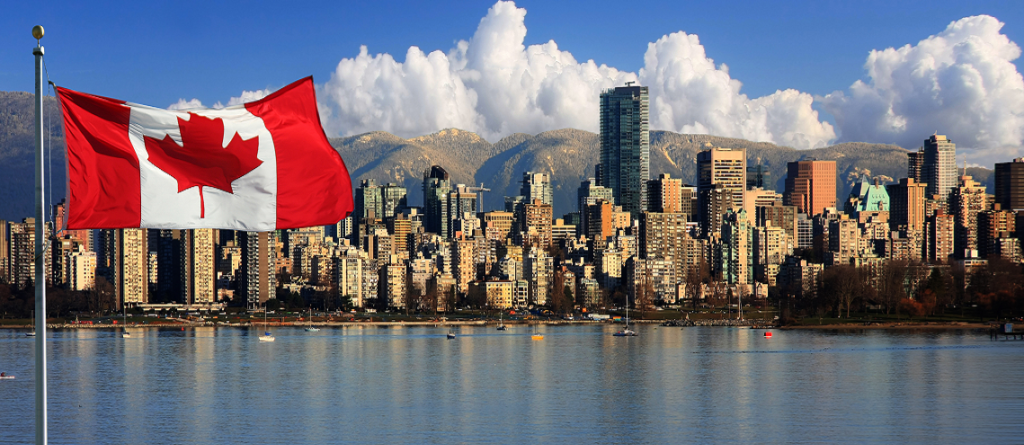Many immigrants to Canada aim to obtain dual citizenship to maintain the benefits of their home country’s citizenship while enjoying their new Canadian status.
What is Dual Citizenship?
Dual citizenship means holding legal citizenship in two countries simultaneously. This grants individuals the rights and responsibilities of citizens in both nations. However, dual citizens must adhere to the laws of the country they are currently residing in.
Pros and Cons of Dual Citizenship
Pros:
- Two Passports: Dual citizens can hold passports from both countries, easing international travel.
- Access to Rights and Programs: They can benefit from social programs and rights in both nations, such as healthcare and property ownership.
- Simplified Travel: Travel between the two countries and their allies can be more straightforward.
Cons:
- Tax Obligations: Dual citizens may have to pay taxes in both countries.
- Other Obligations: Obligations like military service in one country may complicate life in the other.
Can I be a Dual Citizen?
Your ability to hold dual citizenship depends on your home country’s laws. While Canada allows dual citizenship, your home country must also permit it. Before applying for Canadian citizenship, check your home country’s regulations to understand the implications for your current citizenship status.
Here’s a look at the dual citizenship policies of the top 10 countries of origin for Canada’s new permanent residents:
1. India
- Policy: Does not recognize dual citizenship.
- Alternative: Indian nationals can apply for an Overseas Citizen of India (OCI) designation.
2. United States of America (USA)
- Policy: Permits dual citizenship.
- Implication: US citizens can pursue Canadian citizenship without losing their US status.
3. China
- Policy: Does not recognize dual citizenship.
- Implication: Chinese-Canadian citizens may be refused Canadian consular services when in China.
4. Philippines
- Policy: Recognizes dual citizenship.
- Implication: Filipino-born Canadians can retain or regain their Filipino citizenship.
5. Afghanistan
- Policy: Does not recognize dual citizenship.
- Implication: Afghan-Canadian citizens may be refused Canadian consular services when in Afghanistan.
6. Nigeria
- Policy: Recognizes dual citizenship for Nigerian-born Canadians.
- Implication: Canadian citizens cannot later become naturalized in Nigeria.
7. Pakistan
- Policy: Does not recognize dual citizenship.
- Implication: Pakistani-born Canadians must revoke their Pakistani citizenship upon obtaining Canadian citizenship.
8. Cameroon
- Policy: Does not recognize dual citizenship.
- Implication: Cameroonian-Canadian citizens may be refused Canadian consular services when in Cameroon.
9. Iran
- Policy: Does not recognize dual citizenship.
- Implication: Iranian-Canadian citizens must use their Iranian passport to enter and exit Iran and may face travel restrictions.
10. Eritrea
- Policy: Does not recognize dual citizenship.
- Implication: Eritrean-Canadian citizens may be refused Canadian consular services when in Eritrea.
Understanding these regulations is crucial for immigrants considering dual citizenship. Each country’s policies can significantly impact your decision to pursue dual citizenship in Canada.



